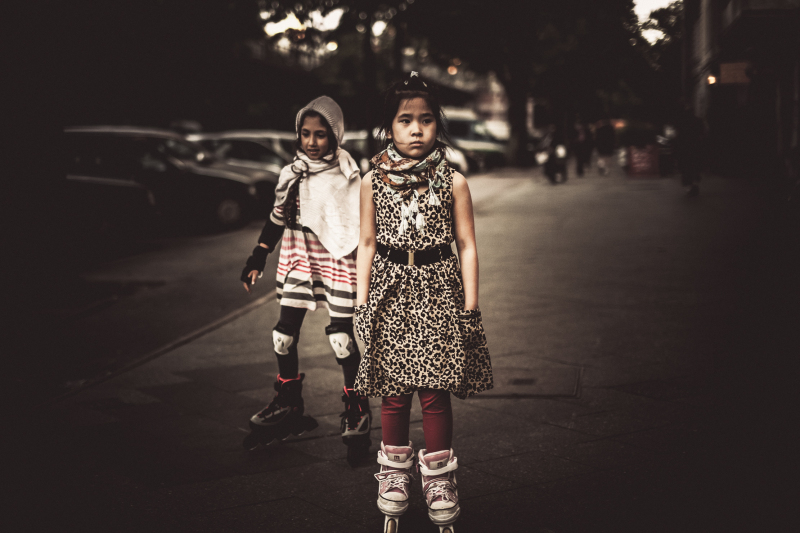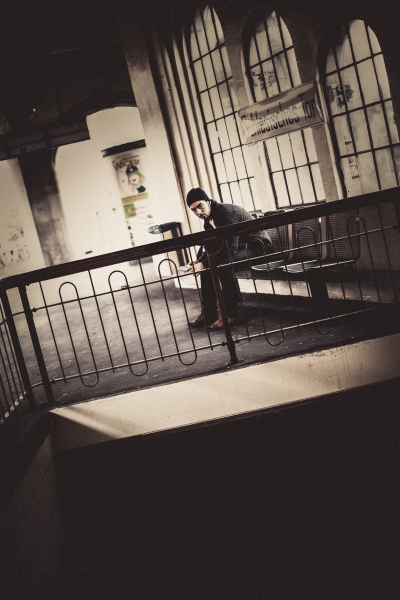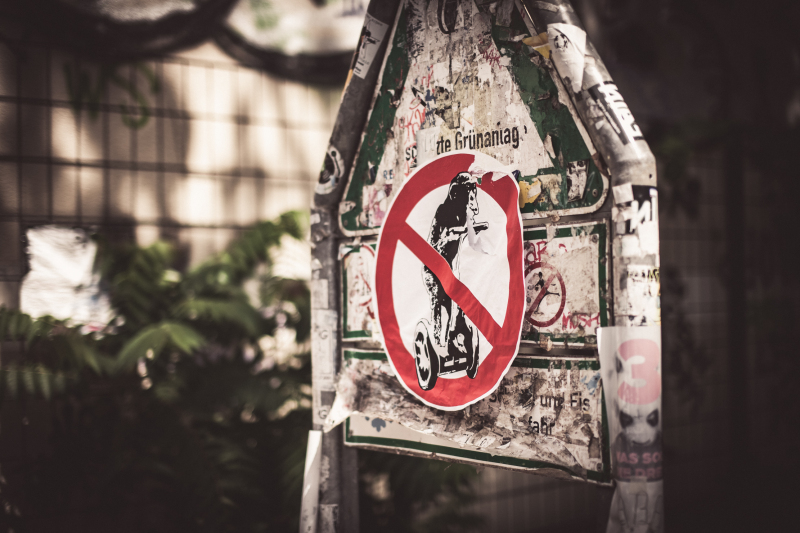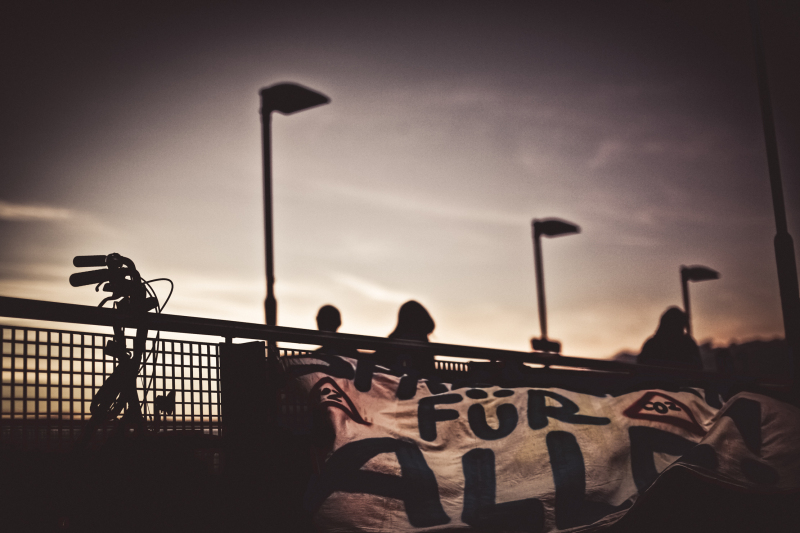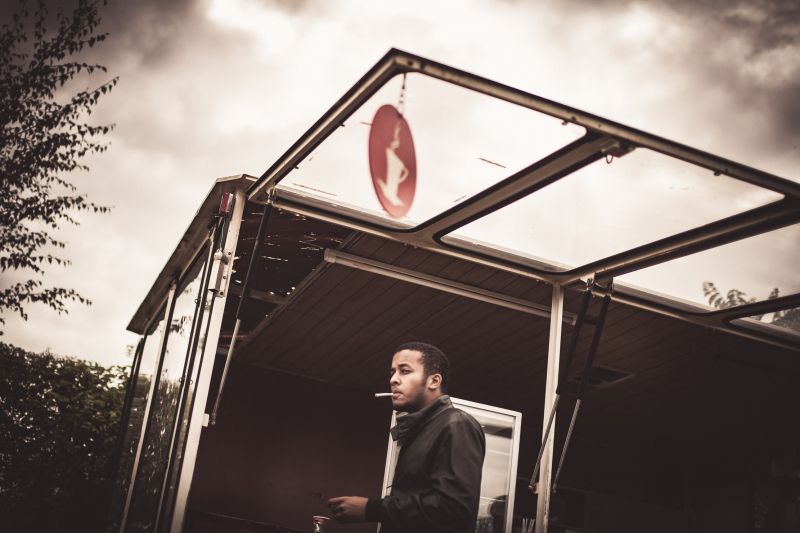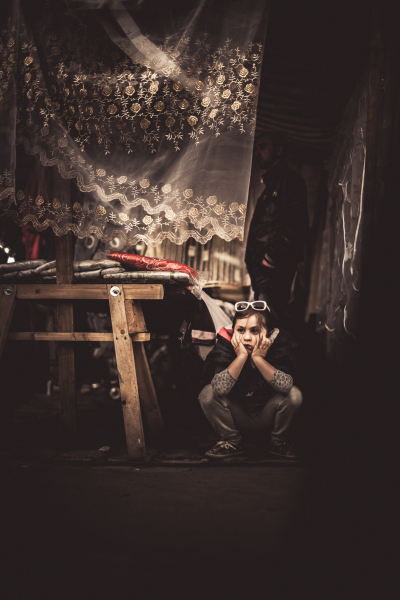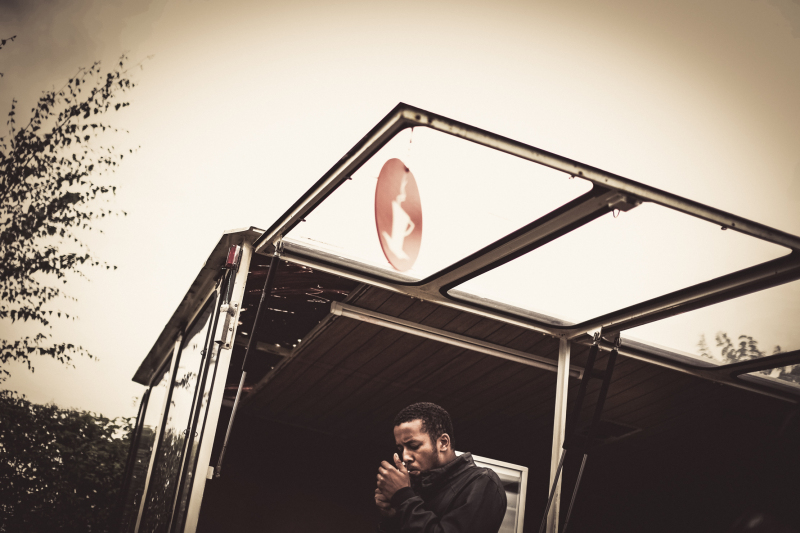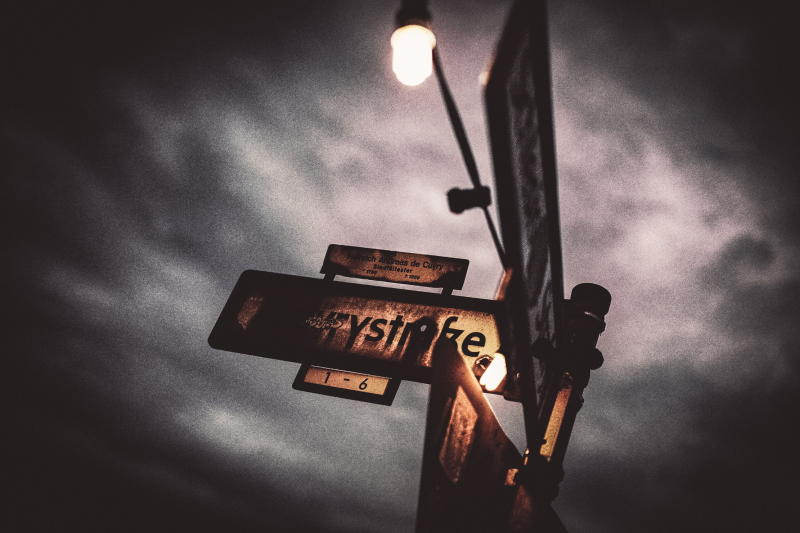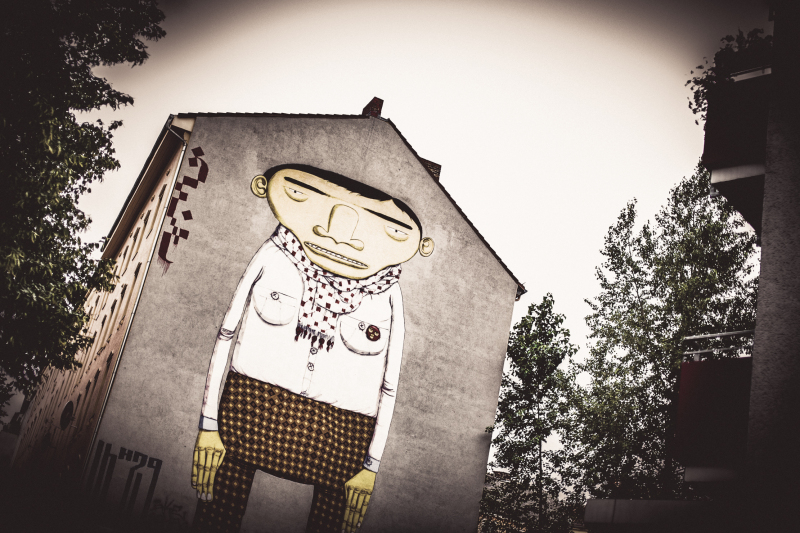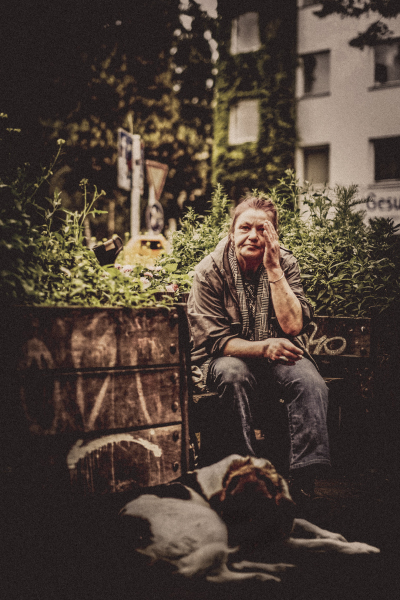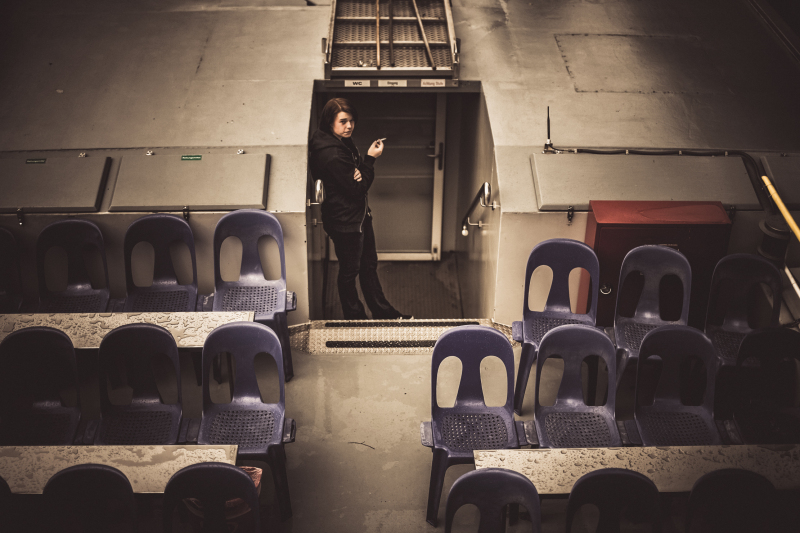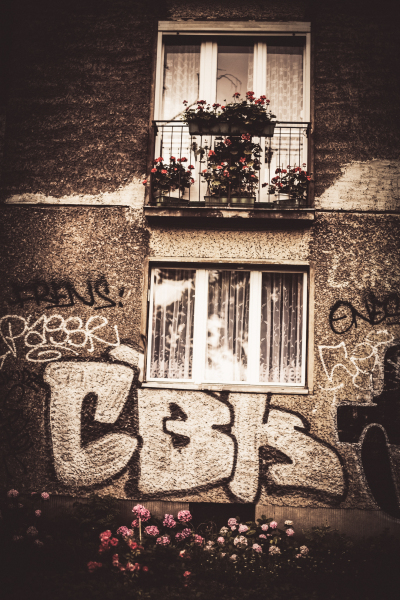Kapitel 1
Staden och efternamnen
Florens för 600 år sedan till idag.
De rika familjerna. De superrika. Dynastierna. Efternamnen. Samma nu som då.
Klansamhället. Klassamhället.
600 år.
Kan du se staden i mitt ansikte?
Arvet vi bär med oss. Kronorna. Ärren. Ändå: vi är alltid mer än vårt ursprung. Mer, eller mindre. Men alltid.
600 år.
Kan du se staden i mig?
Ibland, så tydligt tecknat i ett ansikte, något i blicken, kroppen, hållningen. Kläderna.
Ibland dolt, maskerat. Ibland inte alls.
Florens skattestatistik från 1427 till idag berättar det vi med ögat inte förmår överblicka. De stora dragen under 600 år. Staden, samhället, systemet.
Politiken.

Trots, eller tack vare, omvälvande historiska skeenden: otaliga belägringar, Napoleons erövringar i Italien, Benito Mussolinis diktatur, två världskrig, massturismen… de förmögnaste dynastierna lever vidare, generation för generation.
För att politiken alltid gynnat dem.
Eller att de helt enkelt är politiken. Äger politiken. Då som nu.
Statistik: det tar fem generationer för italienska barn från fattiga familjer att nå den genomsnittliga inkomsten i landet. Fem generationer.
Fem generationer.
”A Broken Social Elevator”.
Den trasiga sociala rörligheten.
Klassamhällets elasticitet. Klibbiga golv, klibbiga tak.
De fattiga familjerna bär samma efternamn, nu som då.
Någon sa: I Italien är det är svårare att falla nedåt om du är född på toppen, än att ta sig upp från botten till toppen.
600 år.
Hur många generationer för att bygga en dynasti?
Kan du se staden i mig?
Anarkisten svarar, nu som då: ”Du har inte en chans – ta den!”

it grows behind a shed
at the edge of a school yard
in a face against the wall
in the back of a police car
the city in my face


it grows in the concrete
out there in the projects.
in the resignated faces
when they’re lining up the suspects
the city in my face

it grows and it grows
but you know beggars can’t be choosers
but you still have the choice
of being used or being useless



it spreads like a disease
through the veins of the system
you can share it with the world
or whoever cares to listen.

Ii grows under the carpets
in the corridors of power
behind barbed-wired-walls
and in observation towers

it grows on the side walks
where we sacrifice the daughters
of the unwanted girls
who grow up to be their mothers

it thrives in the dark
in the lack of education
in the cavities of hate
in the state of deprivation

when everything’s for sale
and where everyone’s a liar
and talking about change
is like spitting on a fire


we’re looking for a cure
but we’re not sure what the disease is
but anyone can see that
the only thing they’ll ever be is…


Even more rejected
Even more infected
Even more submissive
Even more vindictive
Even more bombarded
Even more retarded
Even more addicted
Even more constricted
Even more dejected
Even more neglected
Even more short sighted
Even more though we’re not invited
Even more indicted
Even less united
— — —
[ Published in ETC Magazine 2020 #33 ]



